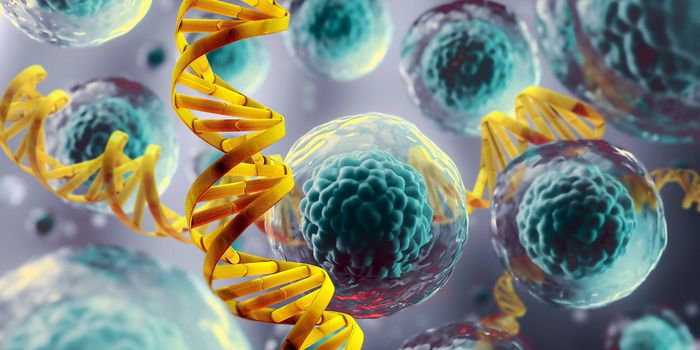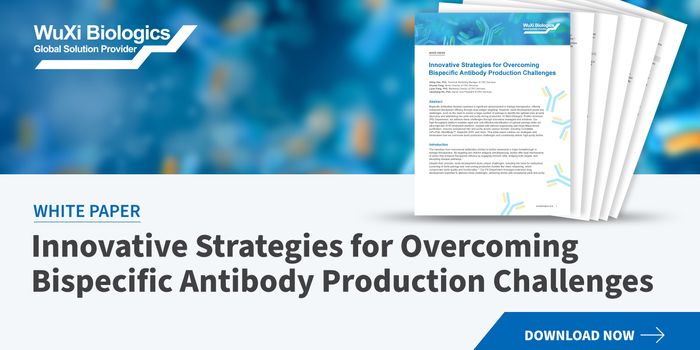Scientists Target Prostate Cancer with an Antiparasitic Drug
A substance found in an antiparasitic drug could block vital communication for prostate and colon cancer cells, a new study reports.
Prostate cancer represents a huge health risk for half the world’s population, as it is the most common form of cancer in men, second only to skin cancer. The American Cancer Society estimates that over 180,000 new prostate cancer cases will be diagnosed this year.
As for colon cancer, also known as colorectal cancer or bowel cancer, this is the third most common non-skin cancer type in the world. According to a recent report, the incidence of colorectal cancer is expected to increase by 60% to more than 2.2 million new cases and 1.1 million deaths by 2030.
Both types of cancer share a common signaling pathway known as Wnt (wingless)/Beta-catenin signaling. This cascade of signals help the cancer cells grow and proliferate uncontrollably. Blocking this pathway then could be a way to slow prostate and colon cancer progression, hypothesized the research team from the University of Bergen in Norway.
With that aim in mind, the team began searching for a substance that could block Wnt signaling. They landed on a compound called nitazoxanide (NTZ) that fit the bill perfectly. And results from human colon cancer cells are promising.
"We discovered that this specific substance is blocking the signaling pathway in the cancer cells, and [making] them stop growing. It is not often that researchers discover a substance that targets specific molecules as precisely as this one,” said Karl-Henning Kalland, a professor at the University of Bergen, Norway.
"We are the first researchers," he added, "who have mapped the complex molecular mechanisms involved in this process."
It’s worth noting why researchers get more excited when a pre-existing drug shows promise for a new disease. Because so much money and time are spent for every drug that’s on the market, finding new uses for these commercially available drug effectively reduces the burden on the industry and patients could have more options sooner rather than later. With the toxicity and pharmacokinetics of a drug already known, makers can shave off as much as 15 years off the pipeline to get the drug to patients' hands.
"The advantage of testing already-approved drugs," explained Prof. Kalland, "is that we know they work in the human body and have no serious side effects, which means that a future treatment may happen quicker."
But given the limited scope of this initial study, the team is tempering their optimism with caution. "At the moment," said Prof. Kalland, "we are working on how to strengthen our ongoing immune therapy against prostate cancer by using the mechanisms we discovered of the NTZ." If all goes well, they could be the first to spearhead a clinical trial to test NTZ in patients with prostate cancer.
Additional sources: MNT









